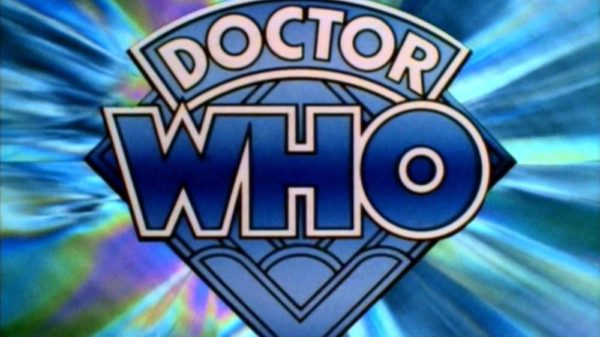Donald Tosh was a Doctor Who script editor whose tenure pre-empted big changed for the show…
Famously, everyone loves it when Scottish people are in charge of the scripts on Doctor Who. Donald Tosh grew up in Fife and Angus, moving down to Bristol for school and then onto acting work in London. Stage fright led him to moving behind the scenes, until Granada asked him to join their story department in the late Fifties. The Early Sixties brought him to the BBC for an increased salary, where he worked as a story editor for Compact.
Compact was a middle class soap opera, in contrast to Coronation Street, broadcast twice a week from 1962 to 1965. It’s Doctor Who connections are many and varied, with few script editors earning their stripes on Compact before moving over to Doctor Who, and a lot of overlap in terms of production team – mainly directors who would bring their favourite actors along with them. This is why so many articles about early Doctor Who mention Compact.
Tosh has shone a light on the transfer from one production team to another. Despite it being standard practice to shadow your predecessor for at least one story, Tosh stated that he and new producer John Wiles had been working on their own stories before being told that there were several scripts underway, including a twelve part Dalek story. The handover resulted in Galaxy 4 being something of a holding pattern, a redraft of a story written for other companions, before recommissioning gave the outgoing production team more episodes to commission.
Wiles and Tosh were dealt a further blow when it became clear Terry Nation was too busy to work on such a long Dalek story. In the meantime, Tosh sought out Donald Cotton to write a comedy story. While Tosh’s predecessor Dennis Spooner had written a comedic historical story, Cotton’s The Myth Makers stands up better to a modern audience. It’s packed with gags, including the episode title Small Prophet, Quick Return which Tosh insisted stay, and the tonal balance is more successful. The three episodes of farce giving way to the inevitable slaughter has impact.
Where Tosh had more mixed success was with companions. Wiles decided to write out Vicki in The Myth Makers – partly because actress Maureen O’Brien was vocal with her criticism of the scripts for Galaxy 4, specifically Vicki’s dialogue. The replacement companion, a Greek handmaiden called Katarina, is famous as the first companion to die. Tosh and Wiles decided quickly that the character had limited potential, so quickly in fact that the first scene actress Adrienne Hill filmed as Katarina was her death in the following story.
Katarina’s replacement for the remainder of that story, Sara Kingdom, was considered as a permanent companion. In the end, it was decided she would be killed off, and replaced at the end of the following story with Dodo Chaplet. Making The Dalek Master Plan exhausted the new production duo, who decided to leave durings it production.
Tosh worked on a few more stories, up to The Celestial Toymaker (which he contributed a largely unused redraft to), with The Savages the last story he had commissioned. The last story he had significant input into was The Ark, where he and writer Paul Erickson came up with the story outline.
His short time on the show was turbulent. John Wiles and William Hartnell did not get on, partly due to the latter’s habit of altering or ignoring the script, and neither Wiles nor Tosh were fans of the Daleks. Therefore, being placed in charge of a twelve-to-thirteen episode long Dalek story where the author was unavailable to write half of it was not an ideal situation for them, especially when they quickly realised their mistake with the companion character.
Nonetheless, despite these problems, the run of stories from Mission to the Unknown through to The Massacre of St Bartholomew’s Eve is acclaimed as one of the highlights of the First Doctor’s run. Mistakes and production difficulties led to a trilogy of stories in which the Doctor fails, and his friends lose faith in him. This is pushed to an extreme in The Massacre, which Tosh heavily rewrote, only for the bleakness to suddenly collapse at its conclusion.
Tosh later said that he admired the new series’ darkness, stating ‘It’s what Johnny and I wanted to do all those years ago’. You can certainly see echoes of that in the series under Russell T. Davies, where there would be a run of three or so darker stories before the catharsis of the finale.
The intentions of Tosh for Doctor Who can be seen in The Myth Makers and The Massacre, which are similar to what the show had done before if, perhaps, a bit more adult. The idea to move the show away from Daleks was novel but, it transpired, impossible, and otherwise Tosh and Wiles were keeping a similar format to before but aiming for an older audience. They were the last production team to cleave close to the show’s original format. A lot of big changes were on the way…

